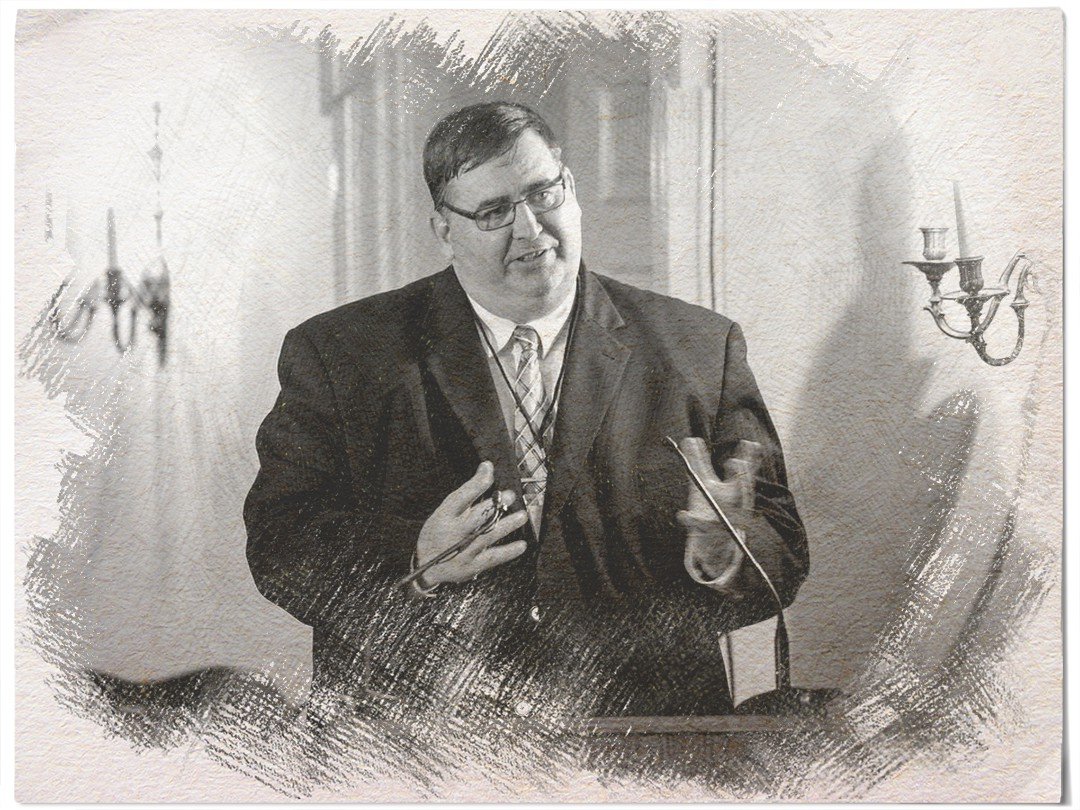As a financial planner, I lost a client to cancer in each of the past two years. Two of my other clients continue their (successful, thus far) cancer treatments. So naturally, as part of my quest to assist them, I have sought out from time to time insights as to their medical conditions, and also illumination as to the effect of the cancer and treatments therefore on the accomplishment (or non-accomplishment, or delay) of each client's personal financial life goals.
Permit me to first observe that I am constantly amazed by technological innovation, particularly in the areas of materials science, renewable energy, and health care. As to the area of health care, we can applaud the continued ability of medical research to fuel longer, healthier lives. For example, new treatments for various forms of cancer have significantly increased cancer survivorship rates over the past two decades.
Yet, despite the important progress to date, especially in the past 40 years (after the enactment of federal legislation spurred on cancer research in the U.S.), cancer remains one of the world’s most serious health problems. In the United States, approximately 500,000 people still die from cancer every year, and the disease is expected to become the nation's leading killer in the years ahead. Worldwide, the number of new cancer cases is projected to rise from 12.7 million in 2008 to more than 20 million by 2030.
While hundreds of promising research endeavors are underway, transferring success from animal trials to human trials is often problematic. Still, dozens of new advances or improvements in cancer treatment or therapy were approved or adopted in 2011. Tantalizing early results offer hope for breakthroughs in treatments (or vaccines) not only for specific forms of cancer but also for broad ranges of various types of cancer.
Given the continued progress, it seems that at times our society inadvertently takes a step or two backward -and unnecessarily. The ongoing shortage of many long-available cancer drugs remains a troubling issue. Some cancer patients die due to the inadequate manufacture of needed amounts of cancer therapies. More troubling is the continued trend of excluding many expensive cancer treatments from health insurance policies.
It is amazing how many cancer patients suffer not only physical stresses, but severe financial (and emotional) stresses, after commencing treatments. One telling indicator - cancer diagnosis is now a known risk factor as to the potential filing of personal bankruptcy.
As financial planners, we may be called upon to assist individuals with the often-dramatic adverse financial consequences of cancer treatments and other forms of medical care. This may often require both our diligence and our creativity, in seeking out resources to ensure our clients will not miss out on care due to financial hardship, and in connecting our clients (and their families) with support organizations.
We can only hope, and pray, that the continued dedication of hundreds of thousands (if not tens of millions) of researchers, physicians, and the supporters of cancer research will soon lead to far-ranging breakthroughs in the "war on cancer." In the meantime, if - as financial planners - we are called upon to assist one or more clients in navigating the shoals (financial and otherwise) of cancer treatments, let each one of us take such matters to heart and apply our fullest capabilities to assist the client in need.
P.S. - One of my students, all of 20 years old, is also engaged in a difficult battle with cancer. A talented kid with a great personality, his courage over the past several months is inspiring.

No comments:
Post a Comment
Please respect our readers by not posting commercial advertisements nor critical reviews of any particular firm or individual. Thank you.